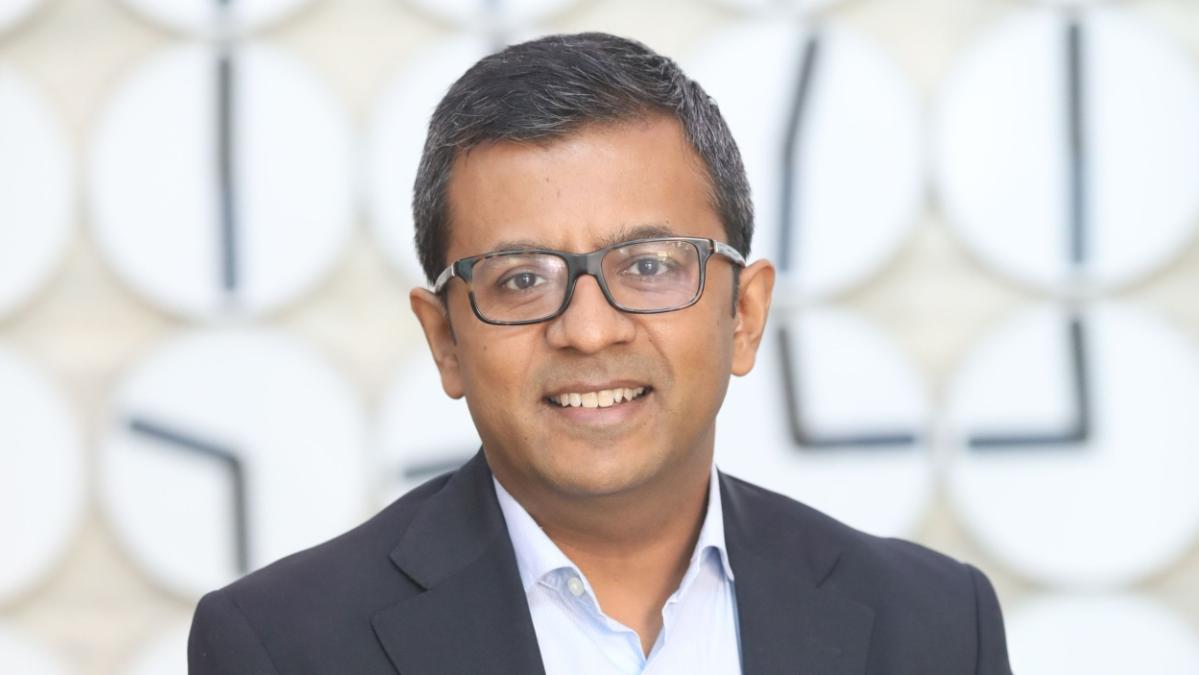The Future of AI in the UAE: Trends, Projections, and Impacts
The United Arab Emirates (UAE) has set its sights on becoming a global leader in artificial intelligence (AI). With ambitious plans and significant investments, the country is poised to witness a surge in AI development and adoption in the coming years. This article explores the future trends and projections for AI in the UAE and examines their potential impact on various aspects of life.

AI Trends And Projections
Growth of AI Investment
The UAE is witnessing a rapid increase in investment in AI research and development. The government, private sector, and academia are all pouring resources into this transformative technology. Key players like the UAE AI Strategy, the Mohammed bin Rashid AI Foundation, and the Abu Dhabi AI Hub are driving this growth.
- In 2021, the UAE government allocated AED 20 billion (US$5.4 billion) for AI research and development.
- The Mohammed bin Rashid AI Foundation launched a $100 million fund to support AI startups and research projects.
- Abu Dhabi AI Hub, a joint initiative between the Abu Dhabi Department of Economic Development and Inception, aims to attract and support AI companies and talent.
Advancements in AI Technology
The UAE is at the forefront of AI technology advancements. Researchers and developers are pushing the boundaries of AI algorithms, machine learning, and deep learning. This is leading to the development of new AI applications and use cases across various industries.
- The UAE is home to the world's largest AI research center, the Mohamed bin Zayed University of Artificial Intelligence (MBZUAI).
- Researchers at MBZUAI are developing cutting-edge AI algorithms for natural language processing, computer vision, and robotics.
- Emirati AI startups are developing innovative AI solutions for healthcare, finance, and transportation.
Integration of AI into Industries
AI is poised to transform key industries in the UAE. From healthcare to finance, transportation to manufacturing, AI is expected to revolutionize the way businesses operate and deliver value to customers.
- In healthcare, AI is being used for disease diagnosis, personalized treatment planning, and drug discovery.
- In finance, AI is used for fraud detection, risk assessment, and investment management.
- In transportation, AI is enabling autonomous vehicles, smart traffic management, and logistics optimization.
- In manufacturing, AI is used for predictive maintenance, quality control, and supply chain optimization.
Impact On Various Aspects Of Life
Economic Impact

The adoption of AI in the UAE is expected to have a significant impact on the country's economy. AI is projected to boost productivity, create new jobs, and enhance competitiveness.
- A study by McKinsey Global Institute estimates that AI could contribute up to 14% to the UAE's GDP by 2030.
- AI is expected to create new jobs in fields such as AI engineering, data science, and robotics.
- AI can enhance the competitiveness of UAE businesses by enabling them to innovate faster, reduce costs, and improve customer service.
Social Impact
AI has the potential to bring about positive social impacts in the UAE. It can improve access to healthcare and education, enhance public safety and security, and provide more efficient and responsive government services.
- AI-powered healthcare systems can provide personalized and preventive care, reducing the burden on hospitals and clinics.
- AI can be used to develop personalized learning plans for students, improving educational outcomes.
- AI-enabled surveillance systems can help law enforcement agencies prevent and detect crime.
Environmental Impact
AI can play a crucial role in addressing environmental challenges and promoting sustainability in the UAE. It can help optimize energy consumption, reduce waste and pollution, and develop renewable energy sources.
- AI-powered smart grids can optimize energy distribution and reduce energy waste.
- AI can be used to develop more efficient waste management systems, reducing landfill waste and pollution.
- AI can help identify and develop new renewable energy sources, such as solar and wind power.
The future of AI in the UAE is bright. With significant investments, cutting-edge research, and a commitment to innovation, the country is poised to become a global leader in AI development and adoption. AI has the potential to transform various aspects of life in the UAE, bringing about economic prosperity, social progress, and environmental sustainability. However, it is crucial to ensure responsible and ethical AI development and adoption to maximize the benefits and mitigate potential risks.
Further research and collaboration are needed to fully unlock the potential of AI in the UAE. By bringing together government, industry, academia, and civil society, the UAE can create an AI ecosystem that drives innovation, solves real-world problems, and improves the lives of its citizens.
YesNo

Leave a Reply